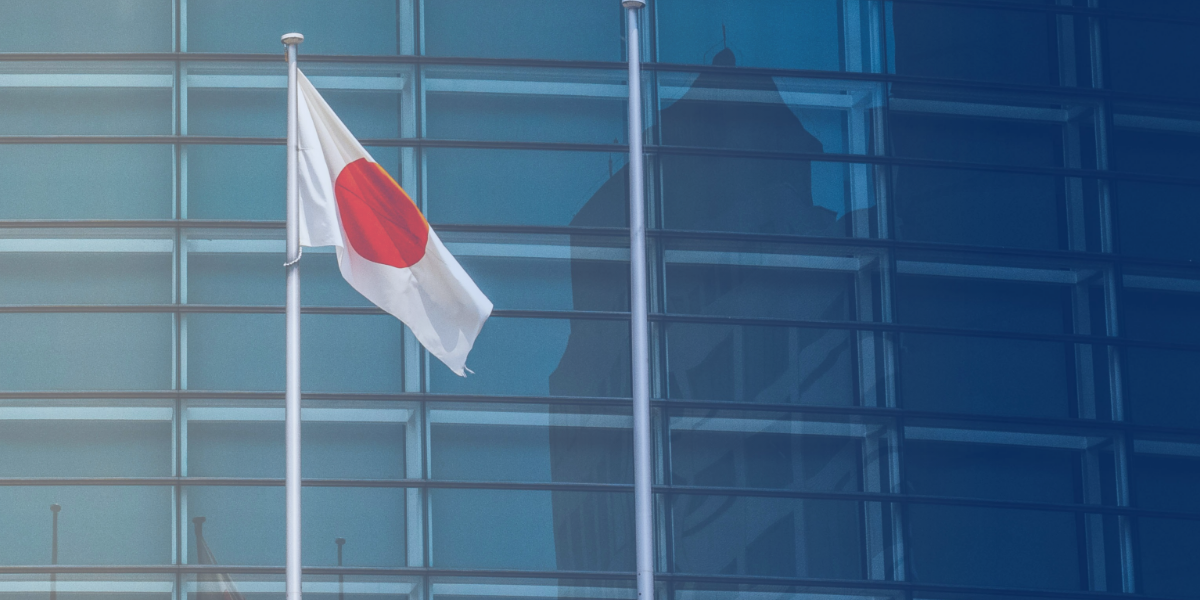When moving between cultures, learning how to describe familiar things in a new way is a necessity. The thing called an apple, ringo, or pomme will be the same regardless of the word used to describe it, so the challenge becomes learning which word to use in which context. A version of this conundrum arises when working with Japanese companies. While they have individuals who oversee the overall and day-to-day operations, these individuals do not usually carry the CFO, COO, and similar titles used in U.S. businesses. In today’s global business environment, obtaining an understanding of Japanese corporate titles is imperative for both practitioners and consumers of investigative due diligence.
To begin, it is important to understand what legal entities operate in Japan. Under Japan’s Companies Act, two business types outside of partnerships are recognized: LLCs and corporations. According to Thomson Reuters’ Practical Law, as of July 2018 93.8% of companies in Japan are organized as corporations.
Under the Companies Act, Japanese corporations with boards of directors, which comprise the majority of Japanese companies, typically have one to three representative directors appointed by the board, depending on the type and size of the corporation. These representative directors have the authority to bind the company to contracts, are listed on the company’s filings in the official corporate register, and otherwise represent the company. The representative director will usually hold the title of president, CEO, or president and CEO in English. Note that these terms are interchangeable and simply denote the individual’s position at the top of the corporate hierarchy.
In Japanese corporate hierarchies, the executive vice president (“EVP”) is second to the president in seniority. It is common for these individuals to oversee the company’s day-to-day operations. Below the EVP are the executive officers, who are often arranged in multiple levels based on seniority. These individuals hold specific areas of responsibility equating to CFO, COO, and other roles which may or may not be described by the company. Outside of export-oriented companies, the use of such titles is uncommon.
For example, materials manufacturing company Mitsui Chemicals, Inc., which has three representative directors, lists a president and CEO who is a representative director, an EVP who is a representative director, two senior managing executive officers, seven managing executive officers, and then 17 executive officers. On the other hand, transportation company Kintetsu World Express, Inc. has one representative director who is also its president and CEO, an EVP, four managing executive officers, seven managing officers, and four officers.
The aforementioned examples demonstrate that it is possible, despite the lack of familiar titles, to determine the relative level of importance within a Japanese corporate hierarchy. The representative director or directors are the most senior individuals in the company, and hold legal responsibility for its actions. They serve on the company’s board and at least one will usually double as the company’s senior executive officer. Second in seniority is the EVP, followed by executive officers. They are arranged in levels based on seniority, with the number of individuals holding a title increasing as seniority decreases. Therefore, the managing executive and senior executive positions within Japanese companies often correspond most closely with the C-suite positions commonly used by U.S. businesses.
When examining a Japanese company, the representative director warrants primary interest, followed by the directors. Next come the remaining board members, the EVP, and senior executive. After these positions, however, responsibility within Japanese companies becomes more granular. At this level of the corporate hierarchy, consider selecting subjects based on their specific role within the company. If you have a need for a Japanese due diligence investigation, take advantage of Vcheck Global’s research team which leverages in-house foreign language capabilities, overseas experience, and regional academic focus. The team’s ability to seamlessly integrate hard and soft skills ensures your investigation extends beyond traditional diligence sources through the inclusion of extensive area knowledge.
Christopher Gearhardt is a Senior Associate at Vcheck Global. Christopher is fluent in Japanese, lived in Japan for eight years, and has written about Japan and East Asia academically and professionally.

